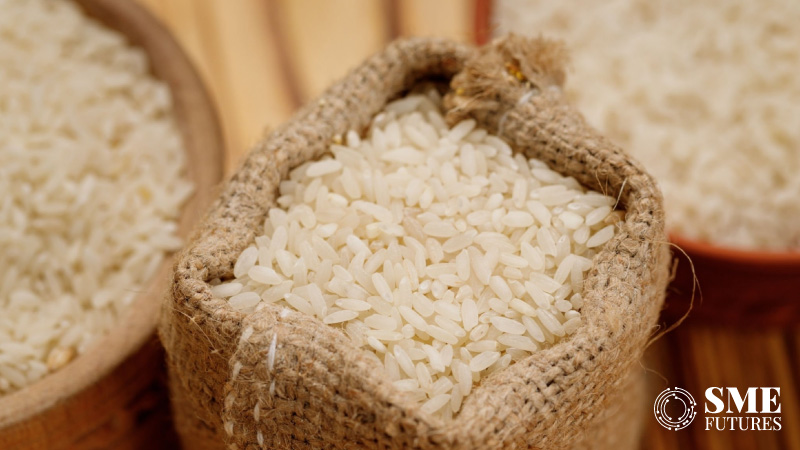To ensure adequate availability of non-Basmati white rice in domestic markets and prevent its prices from rising, the Centre on Thursday prohibited its export with immediate effect.
However, there is no change in the export policy of non-Basmati rice (parboiled rice) and Basmati rice, which forms the bulk of rice exports.
This will ensure that the farmers will continue to get the benefit of remunerative prices in the international market, official sources said.
Non-Basmati white rice constitutes about 25 per cent of total rice exported from the country. The prohibition on its export will lead to a lowering of prices for the consumers in the country.
The domestic prices of rice are on an increasing trend. The retail prices have increased by 11.5 per cent over a year and 3 per cent over the past month. An export duty of 20 per cent on non-basmati white rice was imposed on September 8, 2022, to lower the price as well as ensure availability in the domestic market.
However, the export of this variety increased from 33.66 LMT (September-March 2021-22) to 42.12 LMT (September-March 2022-23) even after the imposition of a 20 per cent export duty.
In 2023-24 (April-June), about 15.54 LMT of this variety of rice was exported against only 11.55 LMT exported during 2022-23 (April-June), i.e. an increase of 35 per cent. This sharp increase in exports can be ascribed to high international prices due to geo-political scenarios, El Nino sentiments and extreme climatic conditions in other rice-producing countries.











